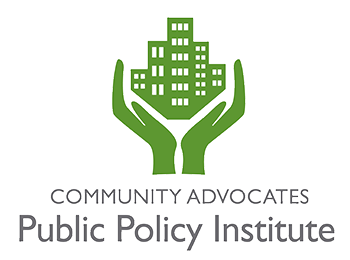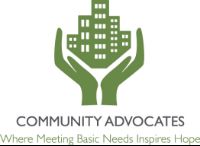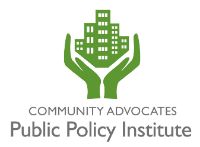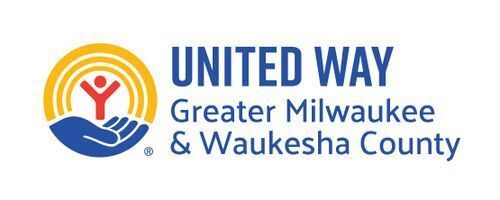The Milwaukee Addiction Treatment Initiative (MATI) was a three-year collaboration from 2009 to 2011 among more than 80 local and state organizations—including law enforcement, public health agencies, treatment providers and advocates—to expand access to drug and alcohol treatment for everyone in Milwaukee County and the State of Wisconsin who needs it.

MATI successfully pursued two approaches to closing the addiction treatment gap (the difference between the number of people who need treatment for addictions and those who actually receive it).
Strategy 1: Advocacy for expanded health insurance and parity
MATI worked to ensure that everyone in Wisconsin has health insurance that includes addiction and mental health coverage on a parity basis. The Public Policy Institute played a major role in 2009-10 in Wisconsin’s decision to require parity in the BadgerCare Benchmark Plan, and in persuading the Legislature and Governor to enact the Wisconsin Parity Act, which requires small and large group insurance policies sold in the state to cover addiction and mental health treatment on a parity basis.
Additionally, because insurance parity alone doesn’t mean that people can actually access the treatment they need, the Public Policy Institute implemented the statewide Making Parity Real series of symposia. This series, held in nine cities across Wisconsin between November 2009 and August 2011, explored which changes can be made to state laws, budgets, rules and regulations, and standards to increase access to treatment, and improve quality of care for the treatment of mental health and addiction conditions.
Strategy 2: Facilitating improved treatment delivery
MATI also played a lead role in helping to integrate the delivery of addiction treatment services in Milwaukee County with mental health services, other health services, and employment, housing and other supportive services. In 2009-10, we worked to include up-to-date information about local addiction providers in the searchable, web-based directory of mental health providers created by Mental Health America-Wisconsin. Additionally, MATI worked to improve services for people suffering from addiction so that they were identified appropriately, assessed accurately, and received timely and ongoing treatment as needed.
MATI was sponsored by a national grant from the Open Society Foundations with additional local funding from the Greater Milwaukee Foundation, Helen Bader Foundation and the Zilber Family Foundation.





